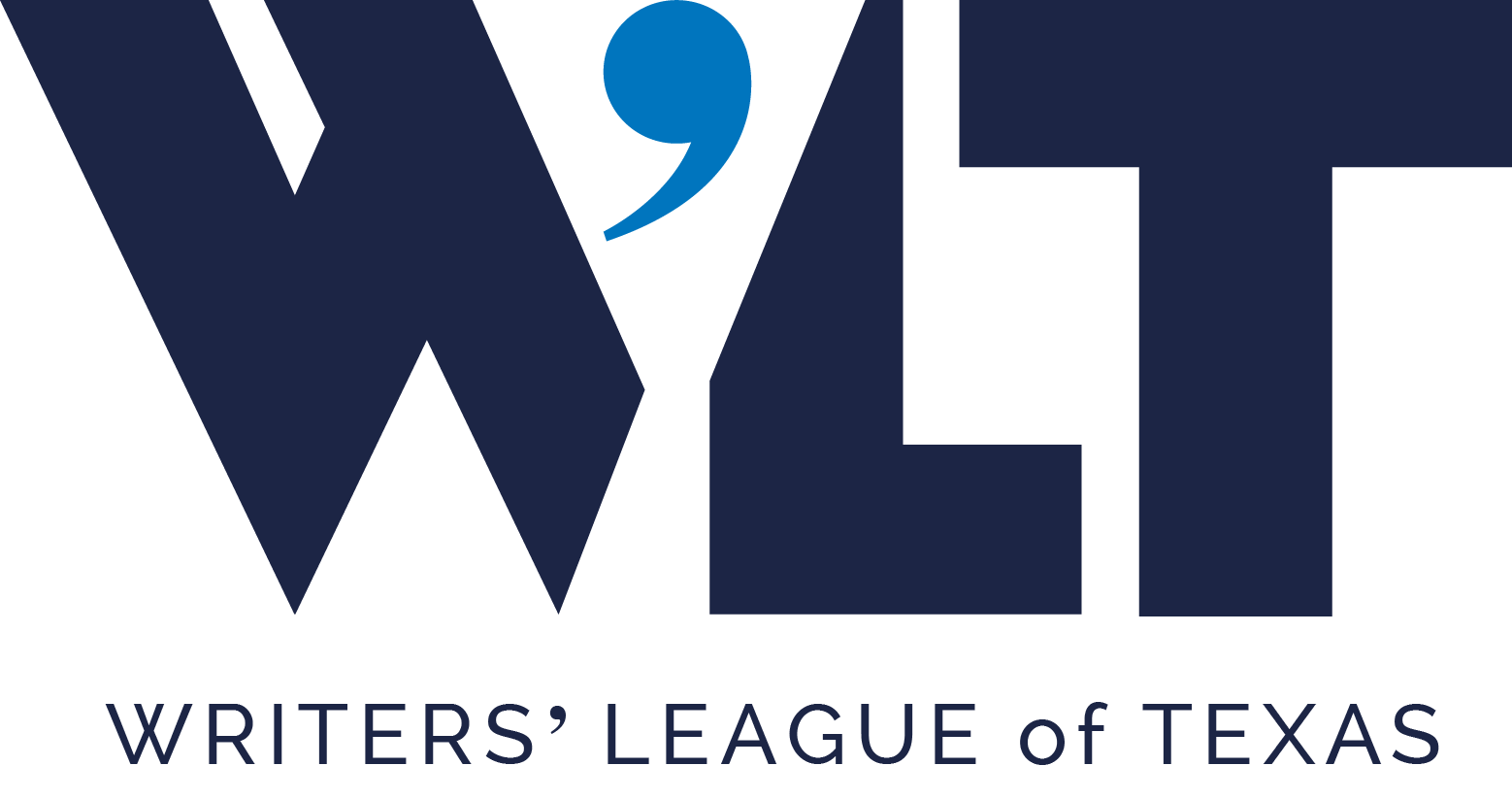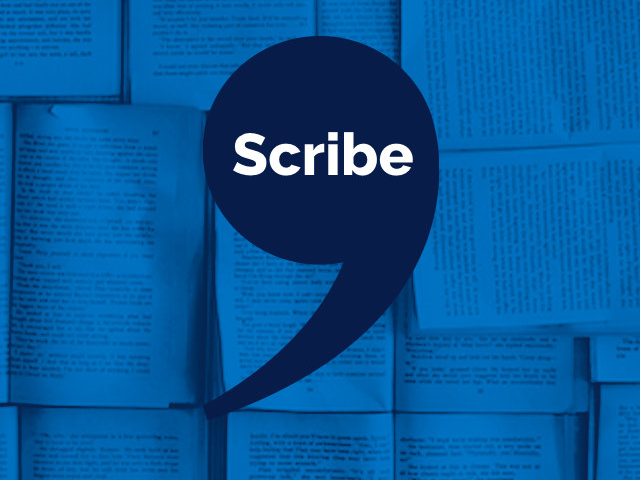Keeping it Brief: Writing and Publishing Short Stories

by WLT Intern Kelsey Williams
How does a writer know when a short story should end? What form should a short story take? Answers to these questions, like short stories themselves, can differ tremendously. As Third Thursday panelist Chaitali Sen, author of the Pathless Sky, put it, “With short stories, the engineering can be so varied. It’s a great form for experimentation. You can spend a whole lifetime figuring out the ways it works.”
April Third Thursday panelists Michael Barrett, Jill Meyers, Chaitali Sen, and Kirk Wilson all had slightly differing approaches to publishing and writing short stories, yet there was one common point on which all agreed—the form of the short story is something to be admired. Kirk Wilson, author of The Early Word elegantly describes a short story as “a drop of water that implies all five oceans.”
“From a journal’s perspective,” Michael Barrett, editor of The Austin Review, said, “short stories provide an outlet [for writers], and a diversity of perspective.” Readers can enjoy the brevity of the short story and discover perspectives they may never have noticed in a less efficient form of storytelling. Jill Meyers, cofounder of A Strange Object, praised the “economical” form of short stories, and believes that through a short story, readers “gain a new experience of the world.”
Short stories, like novels, provide a good basis for readers to explore another world but do a more succinct job than novels in providing the reader with questions to consider. As Meyers put it, “Short stories are good for inquiry—they set up questions, and have you asking questions…without a sense of incompleteness.” Of the time frame of short stories, Barrett said, “They die at the right time. They end where it feels right.” The beauty of this inquiry, this sense of dying, of ending at the perfect, most beautiful moment comes from what Sen calls good “engineering.” When it’s done right, short stories should “end with a lovely pause,” said Meyers. Unlike novels, short stories, Wilson said, “have more intuitive leaps. They are more participatory.”
In addition to their more philosophical insights on the topic of short stories, our panelists had plenty of concrete advice on submitting work for publication. Wilson, for example, provided many helpful tips for making the submission process smoother, the most important being to submit only your best work. Work that has been through multiple drafts or even workshopped in a writing group has a better chance of acceptance. Once you have a solid piece, according to Wilson, it’s best to submit in bulk to improve your chances— but only after you’ve done your research. He suggested creating a spreadsheet to organize the literary journals that you want to submit to and noting what feedback you get. Barrett and Meyer also stressed the importance of doing your research, advising writers to remember that there may only be a few readers for the hundreds of submissions at any one journal. Becoming familiar with the journal and the type of short stories that they tend to publish, and following every specific guideline provided by the journal, can be tremendously helpful in getting a piece considered for acceptance. Our panelists also mentioned some specific software that short story writers might want to familiarize themselves with and consider using, including Duotrope, and resources for writers such as Writers’ Relief and Poets and Writers.
The magic of short stories may be shrouded in differing approaches to the form, but one thing is certain—short stories make you think. And, as our panelists agreed, there is a definite beauty that draws people to the eloquence of short stories.
Join us at our next Third Thursday, where we will discuss the art of writing the personal in non-fiction and memoir.
Kelsey Williams is a full-time bookseller and part-time short story writer. She loves art, literature, and the little smiles people get when they text someone that they love.









